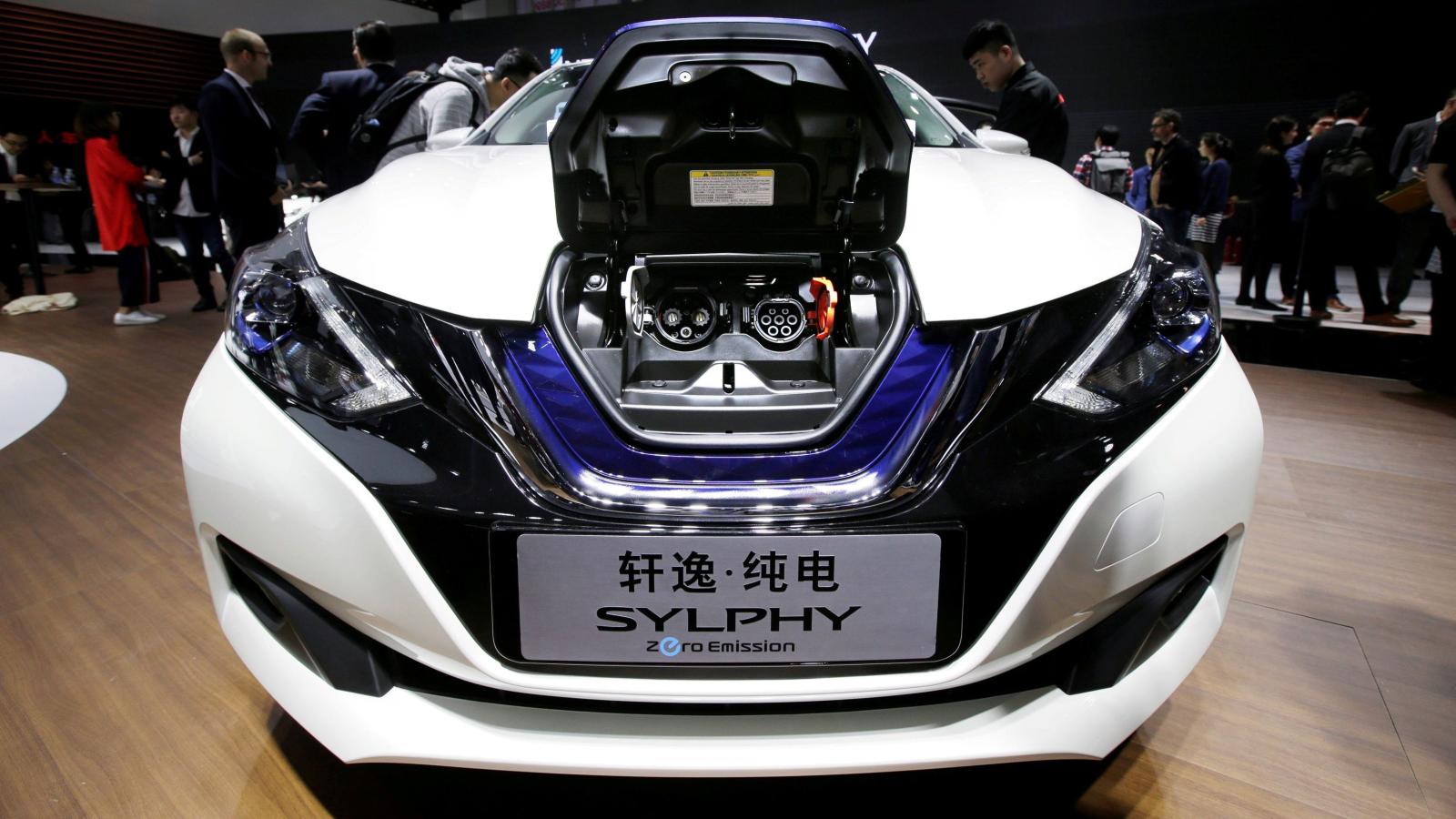Vehicle production for 2020 in the Association of Southeast Asian Nations, or ASEAN, fell 31.6% year on year to 2.85 million units due to the COVID-19 pandemic and a semiconductor chip shortage, which could continue into 2021, dampening demand for flat steel.
The region saw output in December 2020 dip 0.2% from the year before, better than a 4.6% annual fall posted for November 2020.
Thailand, ASEAN’s leading vehicle producer, was able to post gains in November and December, but Indonesia saw its December production fall 30.6% year on year, marking yearly falls for 10 months running.
While the coronavirus lingers, the Federation of Thai Industries expects vehicle sales to fall to 750,000 units in 2021, down from 792,146 units in 2020.
But the FTI expects production to firm to 1.50 million units in 2021 as global demand recovers, up from 1.43 million units the previous year. However, production could be affected by the global semiconductor shortage.
Amid the shortage, the Indonesian government will suspend a luxury tax on sales of sedans and two-wheel drive cars with engine capacities of less than 1,500 cubic centimeters from March 2021 to May 2021 to support its automotive industry. The current tax ranges between 10% and 30%.
After May, the government will give a 50% discount on the tax lasting for three months, and thereafter, also for three months, the discount will be halved, as the situation is reviewed every three months.
The chip shortage resulted when the coronavirus caused vehicle manufacturers to shut down their plants in March-April 2020, which encouraged chip makers to shift their production of auto chips to chips for other sectors such as consumer electronics and smartphones.
But an earlier-than-expected recovery in the global vehicle market late 2020 renewed demand for auto chips when production was allocated to manufacturing other types of chips.
ASEAN’s plans to restore production in 2021 could be hindered by the chip shortage as S&P Global Ratings expects the shortage could take two to three quarters to resolve for most global automakers and up to a year for select models.
ASEAN Vehicle Production/Sales Data
| Production | Nov-20 | Dec-20 | Change | Dec-19 | Change | Jan-Dec 2019 | Jan-Dec 2020 | Change |
| Indonesia | 72,386 | 68,173 | -5.8 | 98,295 | -30.6 | 1,286,848 | 690,150 | -46.4 |
| Thailand | 172,455 | 143,073 | -17.0 | 134,208 | 6.6 | 2,013,710 | 1,427,074 | -29.1 |
| ASEAN | 325,302 | 299,670 | -7.9 | 300,388 | -0.2 | 4,158,983 | 2,846,028 | -31.6 |
| Sales | Nov-20 | Dec-20 | Change | Dec-19 | Change | Jan-Dec 2019 | Jan-Dec 2020 | Change |
| Indonesia | 53,834 | 57,129 | 6.1 | 87,664 | -34.8 | 1,030,126 | 532,027 | -48.4 |
| Thailand | 79,177 | 104,089 | 31.5 | 89,285 | 16.6 | 1,007,552 | 792,146 | -21.4 |
| ASEAN | 256,148 | 311,713 | 21.7 | 308,491 | 1.0 | 3,458,476 | 2,453,808 | -29.0 |
Source: ASEAN Automotive Federation
— Clement Choo, Samuel Chin






